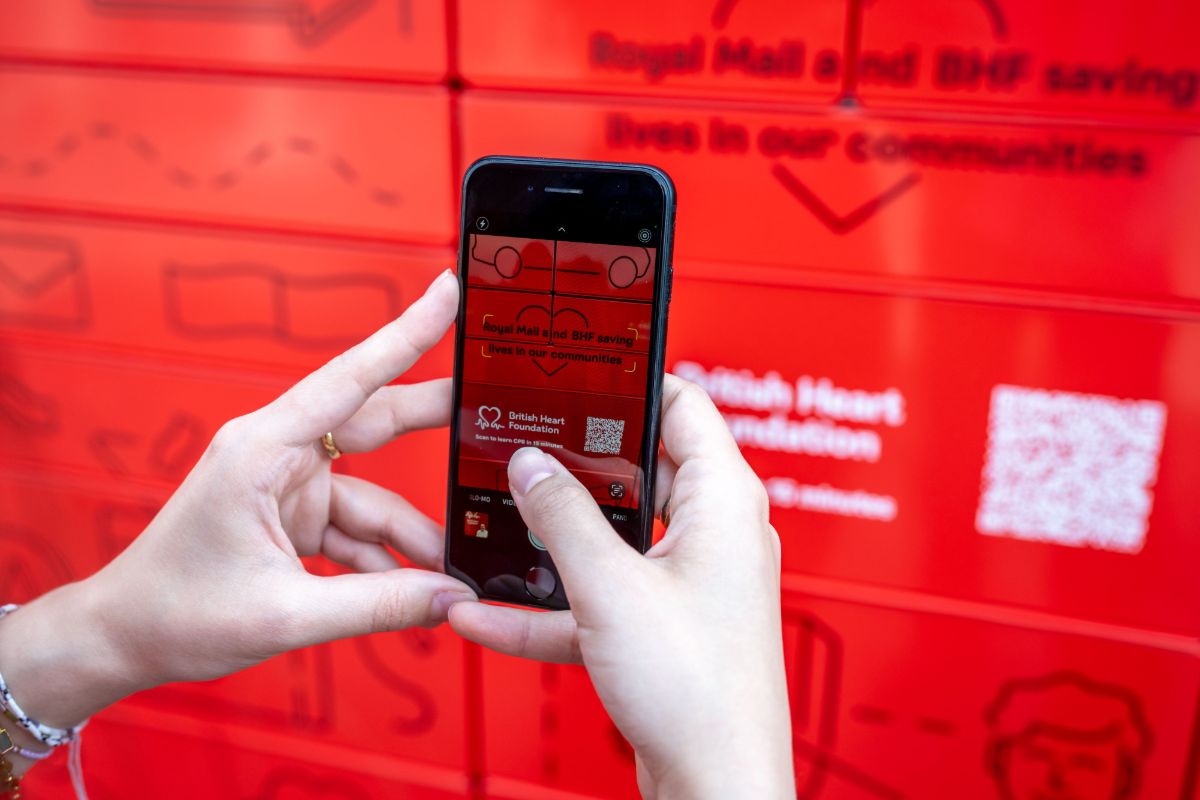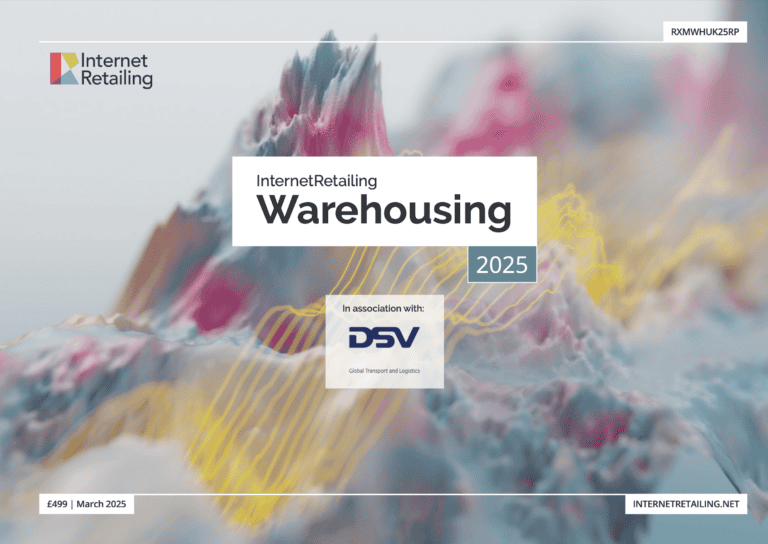New research has highlighted that smart speakers such as Amazon Alexa and Google Home are set to drive the next wave of retail and e-commerce – with nearly 60% of users having used them to shop in the past month.
However, nearly half – 45% to be precise – feel that they aren’t really getting the most from these devices – presenting a huge opportunity for retailers.
The study of 2,000 British adults commissioned by Artefact UK, an AI and data-driven agency, reveals six out of ten smart speaker owners (60%) have used them to make a purchase in the past year. In fact, nearly a quarter (22%) said they have done so within the past week.
Sarah De Martin, managing director at Artefact UK, says: “Voice offers a simple and spontaneous path to purchase that reflects how people behave naturally. Four out of ten Brits already owns one or more of these devices, so the channel is nearing critical mass. Both Google and Amazon are offering aggressive discounts on their smart speakers and ownership grew by 79% last year alone.
“As an e-commerce business, it’s clear why Amazon wants to get Alexa into as many homes as possible. During its recent Prime Day event it even experimented by allowing Prime subscribers to access some of its best offers through Alexa. Retail is one of the key opportunities for voice.”
The research found that more than a third (39%) of smart speaker owners have already interacted with brands via their device. When respondents were asked to identify what they think smart speakers can do, around half (47%) suggested using them for shopping or buying takeaways, 39% said they were ideal for playing games or quizzes and 28% suggested that you could use them for booking travel.
The theory is for the most part backed up by how smart speaker owners are currently engaging with brands through their devices. The companies that people have interacted with are dominated by technology brands (especially Amazon), supermarkets such as Sainsbury’s and takeaway delivery services including Domino’s.
However, nearly half (45%) of smart speaker owners share a nagging doubt that they aren’t getting the most out of their device. The most common use scenarios are to listen to music, books or podcasts (57%) and almost half (47%) use voice to for basic search, such as weather forecasts or recipes. More than a third (38%) say they use their smart speaker as an alarm clock.
Sarah De Martin concludes: “There seems to be a significant disconnect in how people are using their smart speakers, as compared to what they ‘think’ they should be able to do with them. As the number of households owning smart speakers grows, there’s a significant opportunity for retailers that can rectify this. This lies in both optimising search for voice and through branded skills that play to what people actually want from their devices.
“The NHS made headlines recently when it announced its Alexa skill, which illustrates this point. It also shows that it’s not just the likes of Apple, Amazon and Google that can reach a mass audience through voice. The race is on for a retailer to redefine what the technology can and should be. The age of voice has arrived, so don’t get caught with nothing to say.”
Banking on voice
In the world of banking, however, things are moving along. UK bank Nat West is now allowing customers to get bank balances via their Google Home devices.
The bank is launching a trial using the voice-powered virtual helper, allowing customers to ask the Google Home smart speaker for details such as their bank balance or recent spending. Customers will have to say a partial voice PIN to confirm their identity to get the balance.
NatWest is seeing whether banking with the spoken word could follow the same path to the mainstream as mobile banking. It is also hoping to be a useful tool for blind customers.
The initial pilot – which will be tested with 500 people for three months – will respond verbally to eight questions as well as providing access to more than 15 banking tips, with the potential for more if the trial is successful.
“We are exploring voice banking for the first time and think it could mark the beginning of a major change to how customers manage their finances in the same way mobile banking made a huge impact,” said Kristen Bennie, head of NatWest’s Open Experience digital innovation centre.









